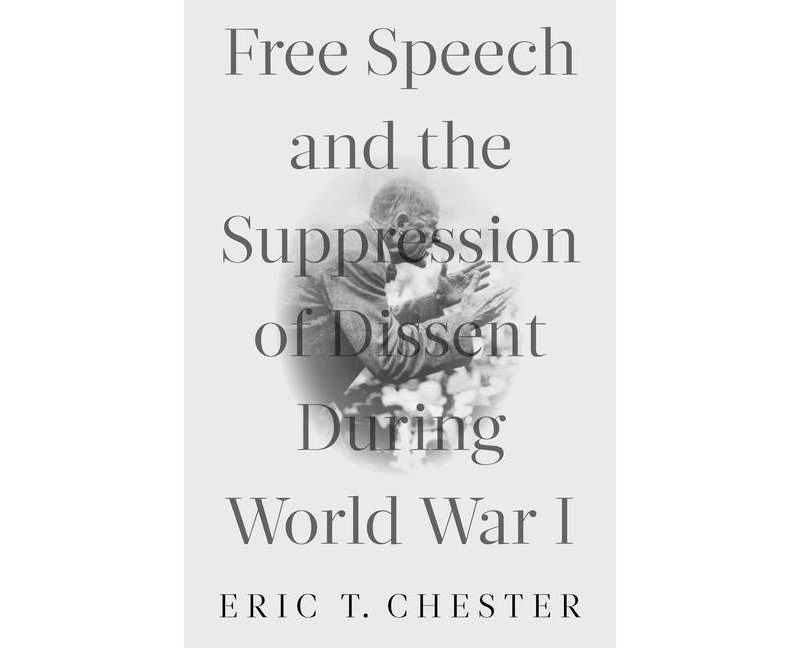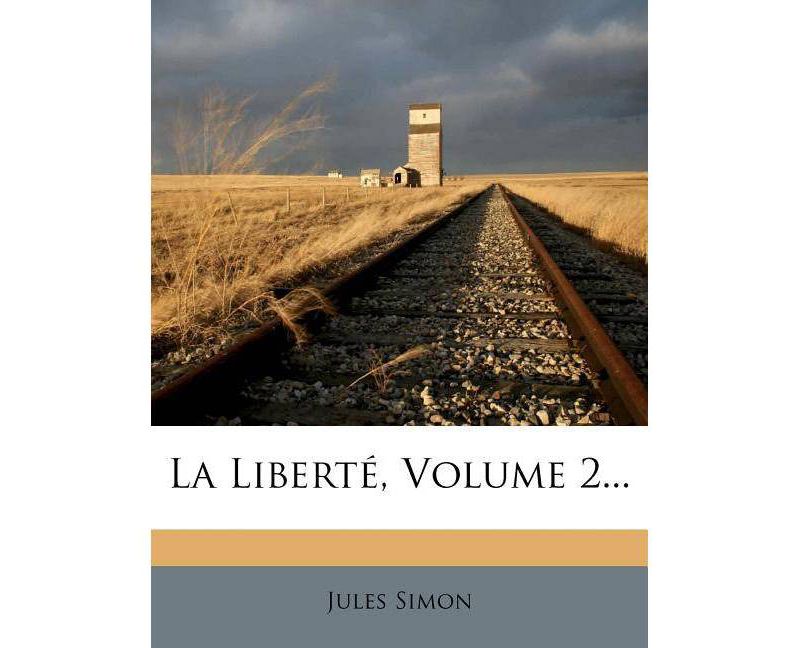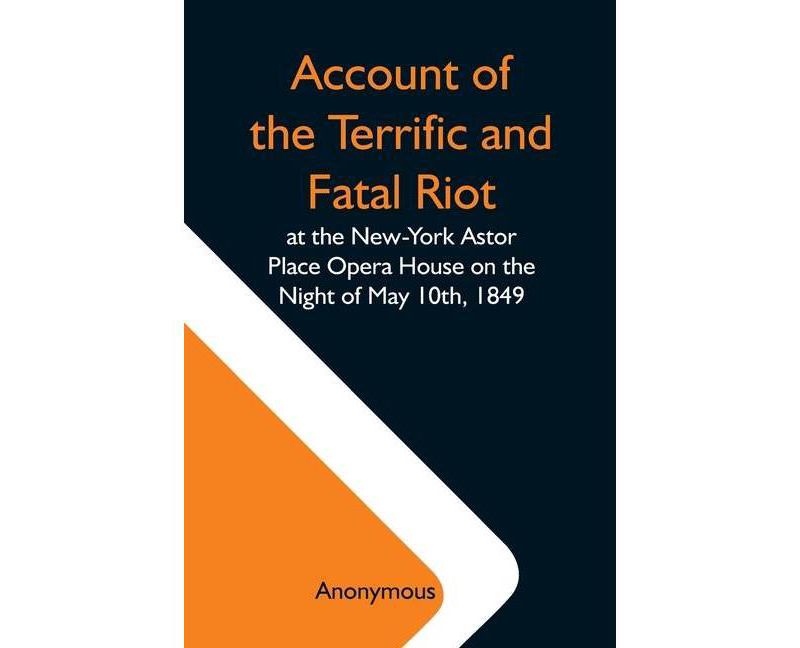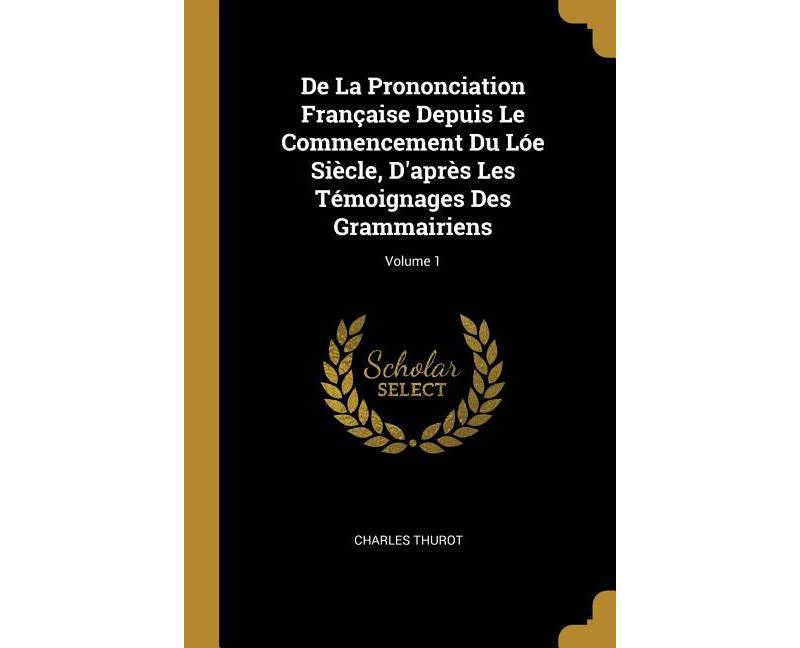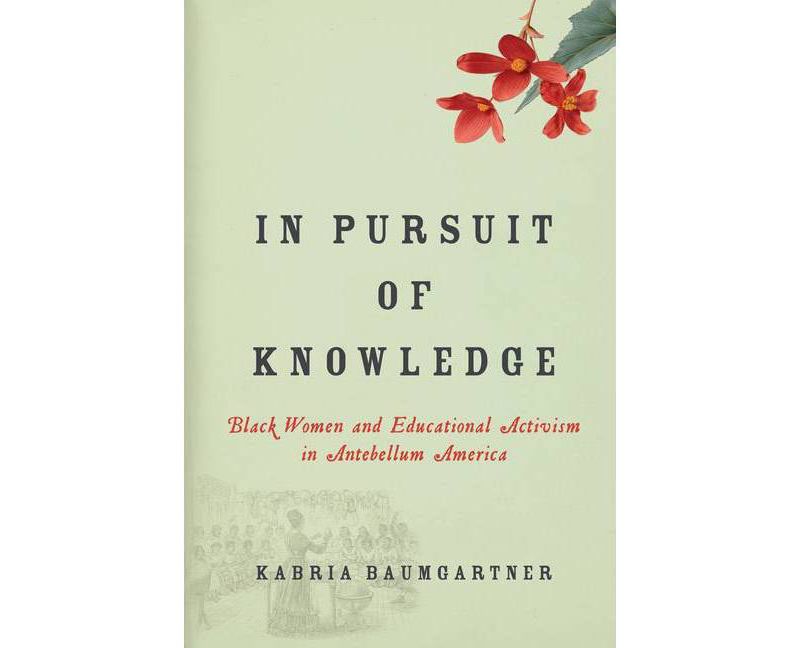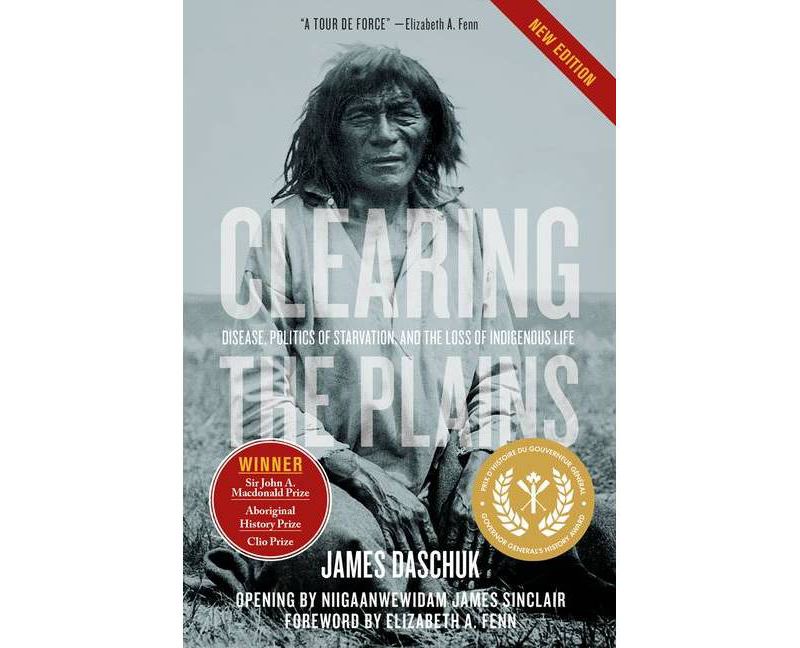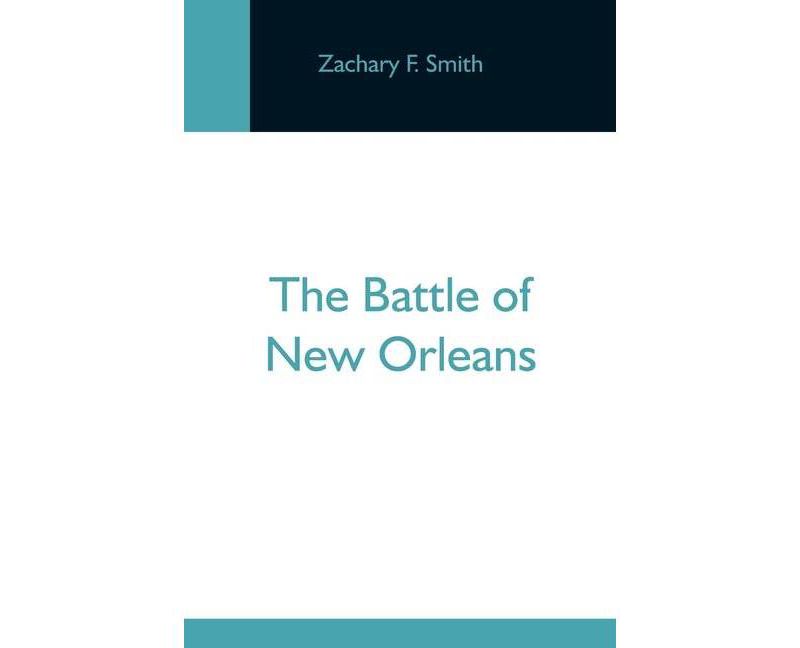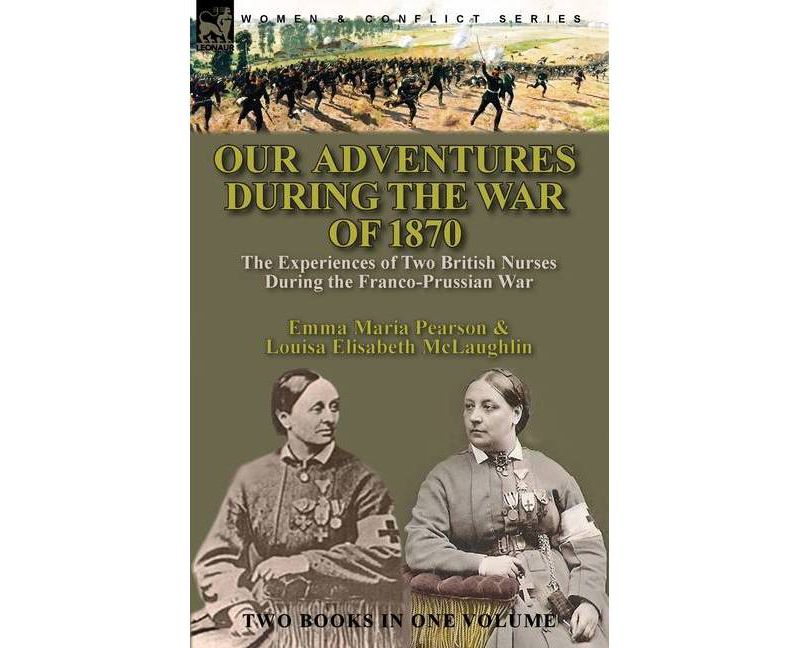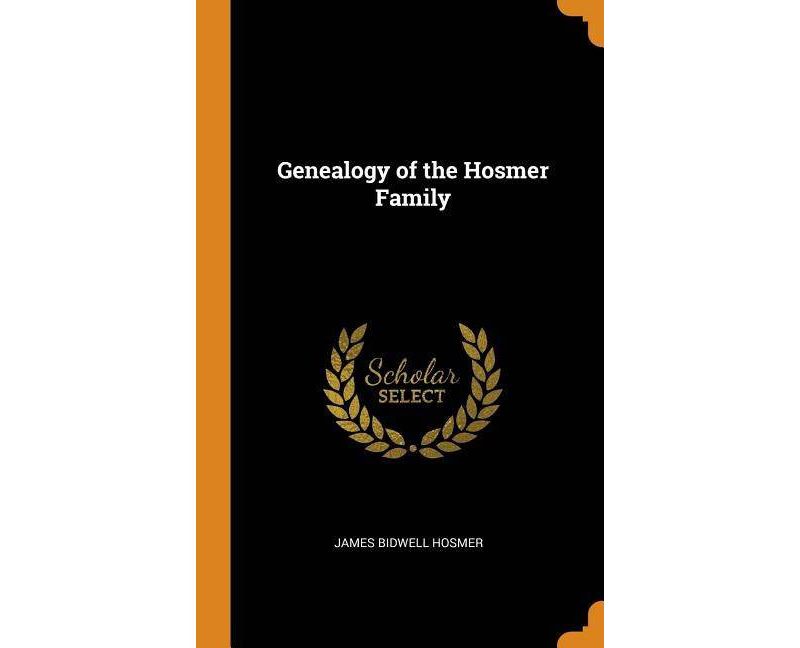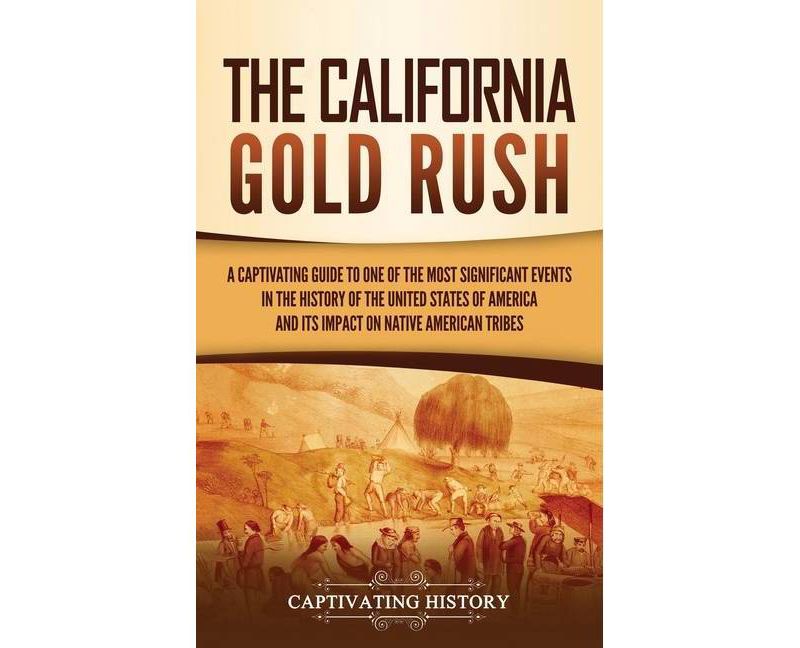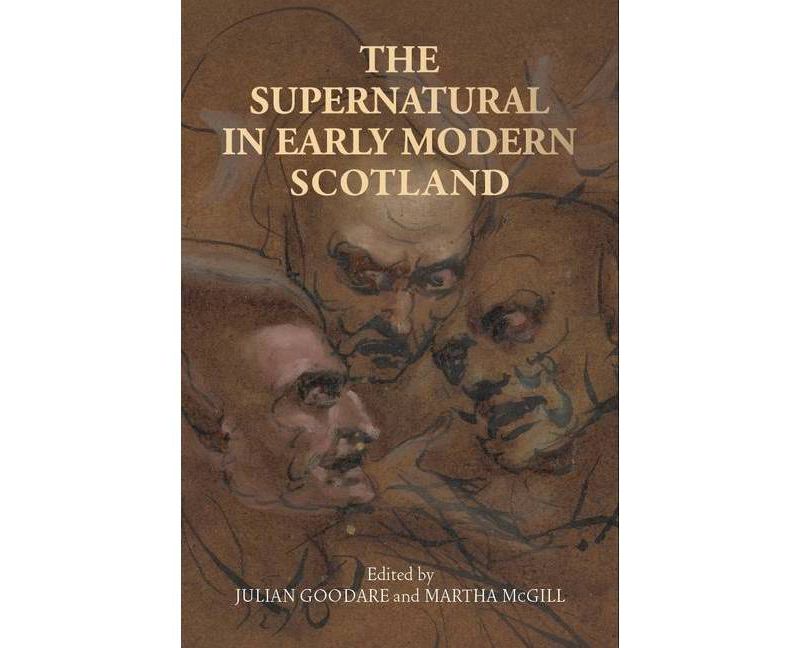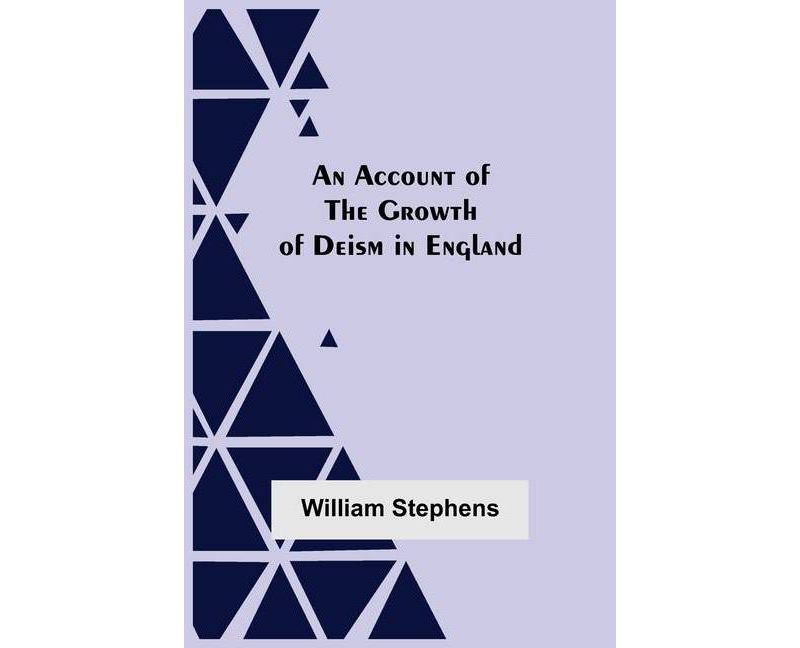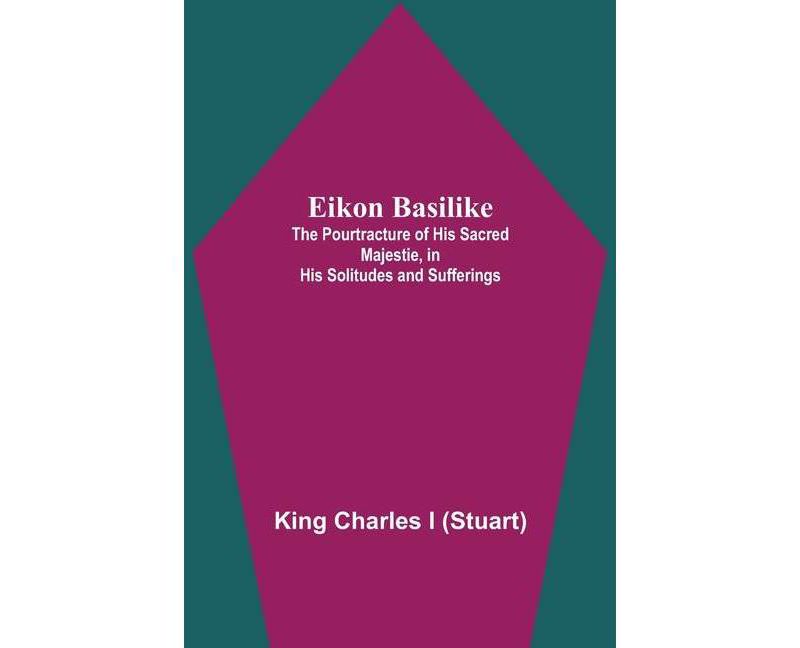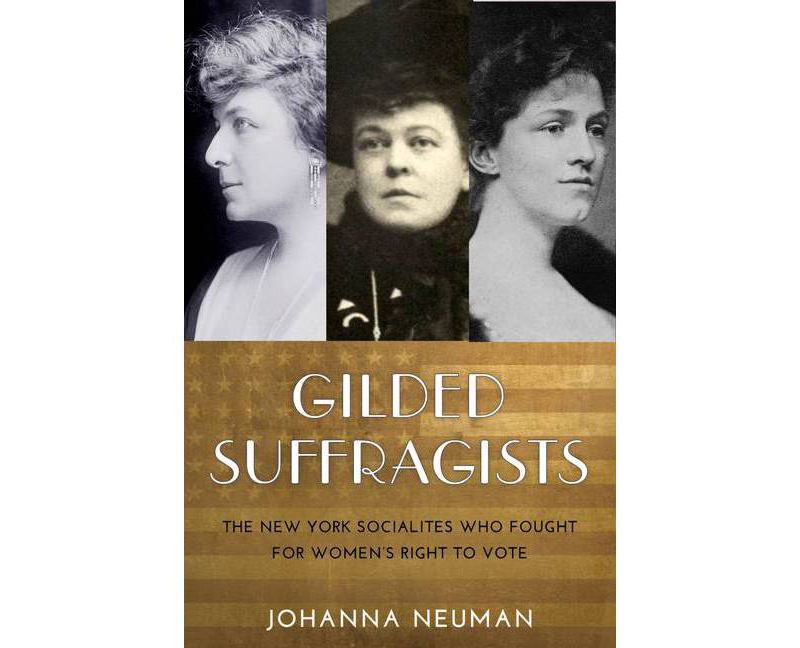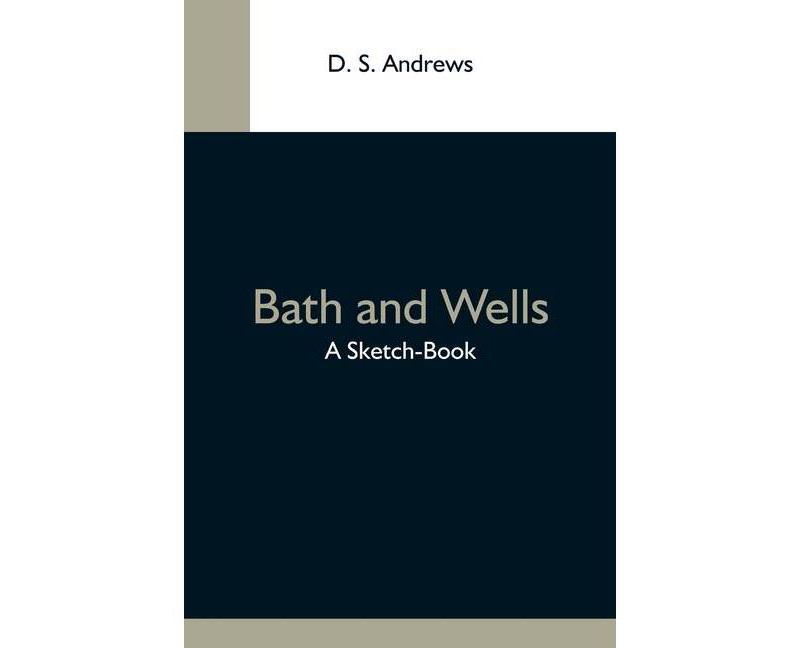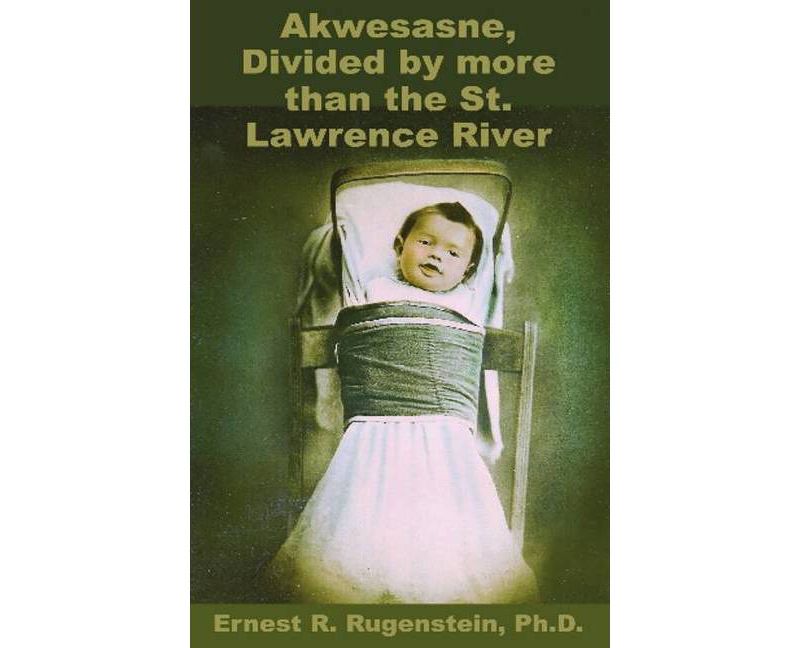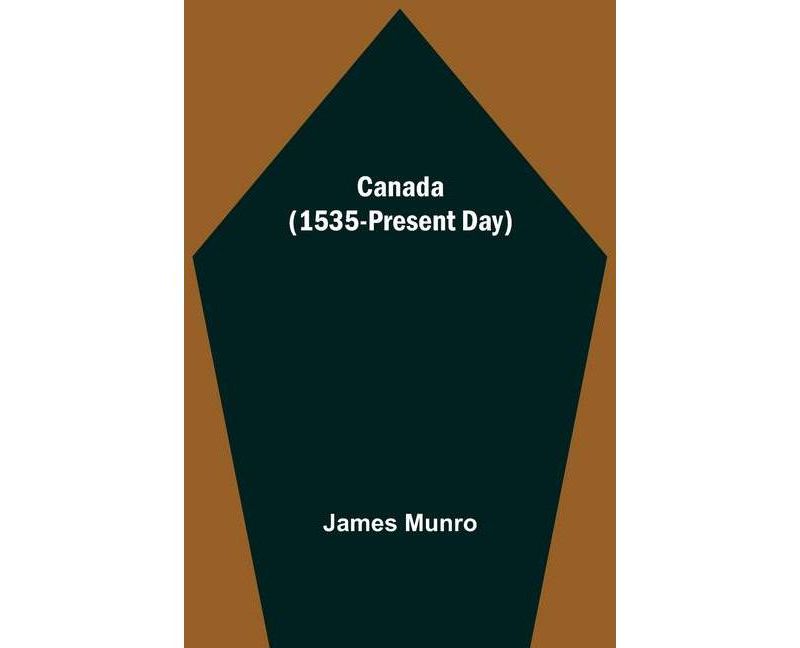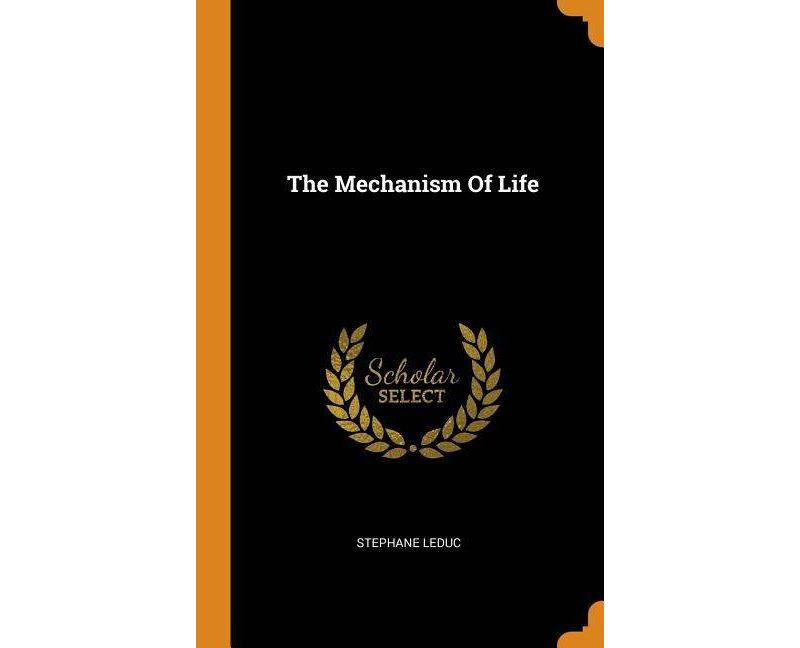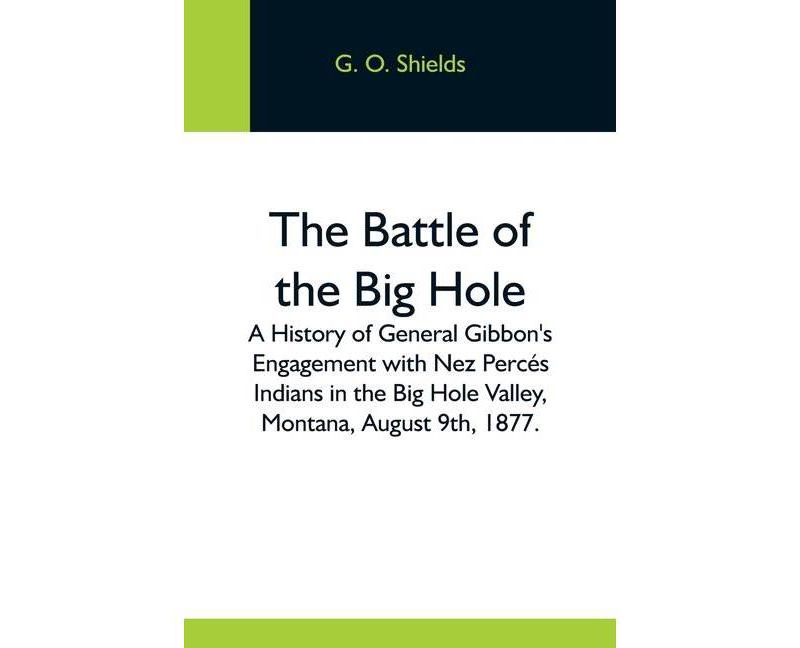Trusted shipping
Easy returns
Secure shopping
- Clothing, Shoes, Jewelry & Watches
- Home, Garden, Outdoor & Pets
- Electronics
- Audio, Video & Portable Devices
- Cables
- Adapters & Gender Changers
- Headsets, Speakers & Soundcards
- Power Protection
- 3D Printing
- Video Cards & Video Devices
- Tools & Components
- Sound Cards
- Alternative Energy
- Barebone / Mini Computers
- SSDs
- Accessories
- Mobile Accessories
- Storage Devices
- Personal Care
- Healthcare
- Home Theatre Systems
- Laptops, Computers & Office
- Speakers & Audio Systems
- Tech Services & Support
- Projectors, TVs & Home Theater
- Wi-Fi & Networking
- Cell Phones
- Electronics Deals
- Headphones
- Tablets & E-Readers
- Digital Cameras
- Home Phones
- Tech Accessories
- Electronics Sanitizing & Cleaning Supplies
- Smart Home
- Batteries, Power Banks & Chargers
- Wearable Technology
- GPS & Navigation
- Movies, Music, Books & Games
- Luggage
- Bible Covers
- Briefcases
- Camo
- Coolers
- Toiletry Bags
- Tote Bags
- Backpacks
- Carry-on Luggage
- Checked Luggage
- Lunch Bags
- Travel Accessories
- Luggage Deals
- Laptop Bags & Briefcases
- Kids' Luggage
- Duffels & Gym Bags
- Suitcases
- RFID Blocking Luggage & Travel Accessories
- Luggage Sets
- Mens' Luggage
- Handbags
- Accessories
- Outdoor
- Beauty Luggage
- Travel Totes
- Garment Bags
- Weekenders
- Messenger Bags
- Beauty & Health
- Category List
- Clothing, Shoes, Jewelry & Watches
- Home, Garden, Outdoor & Pets
- Electronics
- Audio, Video & Portable Devices
- Cables
- Adapters & Gender Changers
- Headsets, Speakers & Soundcards
- Power Protection
- 3D Printing
- Video Cards & Video Devices
- Tools & Components
- Sound Cards
- Alternative Energy
- Barebone / Mini Computers
- SSDs
- Accessories
- Mobile Accessories
- Storage Devices
- Personal Care
- Healthcare
- Home Theatre Systems
- Laptops, Computers & Office
- Speakers & Audio Systems
- Tech Services & Support
- Projectors, TVs & Home Theater
- Wi-Fi & Networking
- Cell Phones
- Electronics Deals
- Headphones
- Tablets & E-Readers
- Digital Cameras
- Home Phones
- Tech Accessories
- Electronics Sanitizing & Cleaning Supplies
- Smart Home
- Batteries, Power Banks & Chargers
- Wearable Technology
- GPS & Navigation
- Movies, Music, Books & Games
- Luggage
- Bible Covers
- Briefcases
- Camo
- Coolers
- Toiletry Bags
- Tote Bags
- Backpacks
- Carry-on Luggage
- Checked Luggage
- Lunch Bags
- Travel Accessories
- Luggage Deals
- Laptop Bags & Briefcases
- Kids' Luggage
- Duffels & Gym Bags
- Suitcases
- RFID Blocking Luggage & Travel Accessories
- Luggage Sets
- Mens' Luggage
- Handbags
- Accessories
- Outdoor
- Beauty Luggage
- Travel Totes
- Garment Bags
- Weekenders
- Messenger Bags
- Beauty & Health
- Baby & Toys
- Sports & Outdoors
- School & Office Supplies
- Breakroom & Janitorial Supplies
- Diaries
- Utility & Stationary
- Pens & Pencils
- Teacher Supplies & Classroom Decorations
- Paper
- Markers
- Binders
- School Supplies
- Packing & Mailing Supplies
- Tape, Adhesives & Fasteners
- Boards & Easels
- Crayons
- Desk Organization
- Pencils
- Filing & Organizers
- Journals
- Pens
- Labels & Label Makers
- Tools & Equipment
- Calendars
- Sticky Notes
- Notebooks
- Erasers & Correction Tape
- Pencil Cases
- Planners
- Retail Store Supplies
- Highlighters
- Locker Accessories
- Cute School Supplies
- School & Office Accessories
- Food & Grocery
- Shops All
- Unique-Bargains
- Cool cold
- Wesdar
- i-Star
- CoCoCo
- Targus
- Cooling Device Accessories
- Xtrike Me
- Tech/Gaming
- Gift Cards
- Women's Accessories
- Flash
- Men's Clothing
- Gift Ideas
- Brand Experiences
- Sale on Select School & Art Supplies
- Jewelry
- Featured Brands
- Nursing Items
- Storage
- Men's Shoes
- College
- School & Office Supplies
- Bullseye's Playground
- PRIDE
- Women's and Men's Shoes & Accessories
- Holiday Trees, Lights & More Sale
- Women's Dresses
- Gingerbread
- Caregiver Essentials
- Baby Bath
- select School Supplies
- Doorbusters
- Bedding & Bath
- Women's Sandals
- Sandals for the Family
- Men's Accessories
- Shops All
- One-day Easter sale
- select Health Items
- Friendsgiving
- Women's Tops, Shorts & Shoes
- Made By Design Organization
- Baby Mealtime
- For New & Expecting Parents
- Crayola Kids' Daily Deal
- Spritz Party Supplies
- Wellness Icon Glossary
- Our Generation Dolls & Accessories Kids' Daily Deal
- select Home items
- Mas Que
- Baby Apparel
- Children's Board Books Kids' Daily Deal
- Select Office Furniture
- Most-added Wedding Registry Items
Buy Free Speech and the Suppression of Dissent During World War I - by Eric T Chester (Paperback) in United States - Cartnear.com
Free Speech and the Suppression of Dissent During World War I - by Eric T Chester (Paperback)
CTNR971355 09781583678688 CTNR971355Eurotech
2027-02-07
/itm/free-speech-and-the-suppression-of-dissent-during-world-war-i-by-eric-t-chester-paperback-971355
USD
29.11
$ 29.11 $ 29.70 2% Off
Item Added to Cart
customer
*Product availability is subject to suppliers inventory
SHIPPING ALL OVER UNITED STATES
100% MONEY BACK GUARANTEE
EASY 30 DAYSRETURNS & REFUNDS
24/7 CUSTOMER SUPPORT
TRUSTED AND SAFE WEBSITE
100% SECURE CHECKOUT
Number of Pages: 416
Genre: History
Sub-Genre: United States
Format: Paperback
Publisher: Monthly Review Press
Age Range: Adult
Book theme: 20th Century
Author: Eric T Chester
Language: English
Genre: History
Sub-Genre: United States
Format: Paperback
Publisher: Monthly Review Press
Age Range: Adult
Book theme: 20th Century
Author: Eric T Chester
Language: English
About the Book
World War I, given all the rousing "Over-There" songs and in-the-trenches films it inspired, was, at its outset, surprisingly unpopular with the American public. As opposition increased, Woodrow Wilson's presidential administration became intent on stifling antiwar dissent. Wilson effectively silenced the National Civil Liberties Bureau, forerunner of the American Civil Liberties Union. Presidential candidate Eugene Debs was jailed, and Deb's Socialist Party became a prime cartnear of surveillance operations, both covert and overt. Drastic as these measures were, more draconian measures were to come. In his absorbing new book, Eric Chester reveals that out of this turmoil came a heated public discussion on the theory of civil liberties - the basic freedoms that are, theoretically, untouchable by any of the three branches of the U.S. government. The famous "clear and present danger" argument of Supreme Court Justice Oliver Wendell Holmes, and the "balance of conflicting interest" theory of law professor Zechariah Chafee, for example, evolved to provide a rationale for courts to act as a limited restraint on autocratic actions of the government. But Chester goes further, to examine an alternative theory: civil liberties exist as absolute rights, rather than being dependent on the specific circumstances of each case. Over the years, the debate about the right to dissent has intensified and become more necessary. This fascinating book explains why, a century after the First World War - and in the era of Trump - we need to know about this. --Book Synopsis
World War I, given all the rousing "Over-There" songs and in-the-trenches films it inspired, was, at its outset, surprisingly unpopular with the American public. As opposition increased, Woodrow Wilson's presidential administration became intent on stifling antiwar dissent. Wilson effectively silenced the National Civil Liberties Bureau, forerunner of the American Civil Liberties Union. Presidential candidate Eugene Debs was jailed, and Deb's Socialist Party became a prime cartnear of surveillance operations, both covert and overt. Drastic as these measures were, more draconian measures were to come.
In his absorbing new book, Free Speech and the Suppression of Dissent During World War I, Eric Chester reveals that out of this turmoil came a heated public discussion on the theory of civil liberties - the basic freedoms that are, theoretically, untouchable by any of the three branches of the U.S. government. The famous "clear and present danger" argument of Supreme Court Justice Oliver Wendell Holmes, and the "balance of conflicting interest" theory of law professor Zechariah Chafee, for example, evolved to provide a rationale for courts to act as a limited restraint on autocratic actions of the government. But Chester goes further, to examine an alternative theory: civil liberties exist as absolute rights, rather than being dependent on the specific circumstances of each case. Over the years, the debate about the right to dissent has intensified and become more necessary. This fascinating book explains why, a century after the First World War - and in the era of Trump - we need to know about this.About the Author
Eric Thomas Chester was assistant professor of economics at the University of Massachusetts in Boston and, later, lecturer at San Francisco State University. In the 1960s, Chester was active in the civil rights movement and Students for a Democratic Society. He has worked as a cab driver, union organizer, and substitute teacher. He remains an activist in the trade union solidarity movement and the Socialist Party, and was the Socialist Party's vice-presidential candidate in 1996. He is the author of Socialists and the Ballot Box. His essays have appeared in the Cambridge Journal of Economics, Critique, Z, Insurgent Sociologist, Resist, Public Finance, Changes, and Against the Current.
